“Where do you get your ideas?”
Every writer to ever exist has been asked this question. It’s such an annoying question, with no truly good answer -though many have tried. As NaNoWriMo approaches in the coming weeks, writers all over the globe are pondering the same question: what am I going to write about?
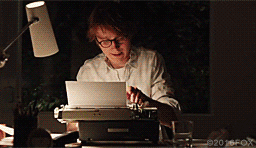
Legendary writer Neil Gaiman used to tell people that he gets his ideas from the Idea-of-the-Month club.
Another writer, Harlan Ellison, famously got his ideas from Schenectady: “There’s a swell Idea Service in Schenectady, and every week I send ‘em $25, and every week they send me a fresh six-pack of ideas”.
These answers are, of course, completely unhelpful. But they are about as useful as the real answer, which is that authors and writers simply make their ideas up. They use their imaginations and Make. It. Up.
This all sounds simultaneously very easy and very hard. We can all ‘make things up’ but creating a coherent piece of work via your imagination can be gruelling.
The truth is that, yes, authors make up their ideas, but they are able to do so because they allow themselves to become inspired by things. Any writer will tell you that sitting in a room, staring at a computer screen is not the way to get ideas and get inspired.
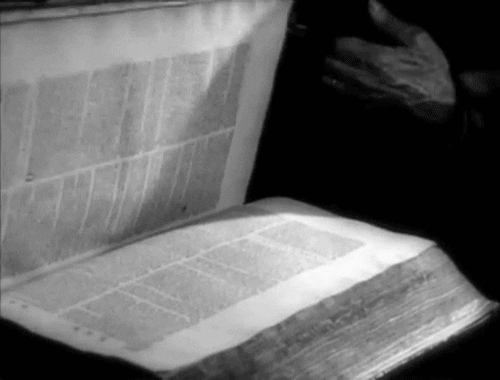
There is inspiration to be found everywhere – if you know where to look.
Start with History
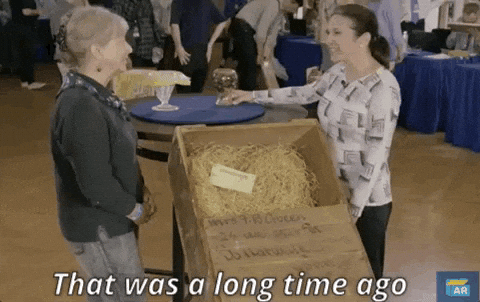
Many writers are inspired by the trials and tribulations of the history of humankind. George R.R. Martin, for example, was heavily inspired by English history when he wrote the A Song of Ice and Fire (aka. Game of Thrones) series. In particular, the rivalry between the Houses of Westeros was loosely inspired by the English War of the Rose. Even the now-famous map of Westeros is based on a map of the United Kingdom, with a flipped Ireland tacked on to the bottom.
Consider Mythology
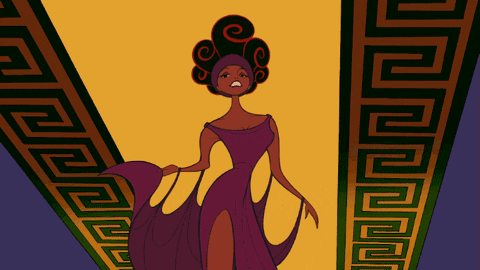
Closely related to history is mythology. This might be incredibly obvious to many readers – the influences of Greek and Norse mythology, especially, are prevalent in all kinds of media from Disney’s Aladdin (based on the One Thousand and One Nights) and Hercules (based on the hero of Greek Mythology) to Thor, Loki and Odin in the Marvel Cinematic Universe. But even lesser-known folktales and mythologies can inspire stories – British author Samantha Shannon’s feminist fantasy epic The Priory of the Orange Tree is based on the tale of St. George and the Dragon, and Amazon Prime’s new series Carnival Row is inspired by Celtic mythology of fae.
Collect Artefacts that Inspire you
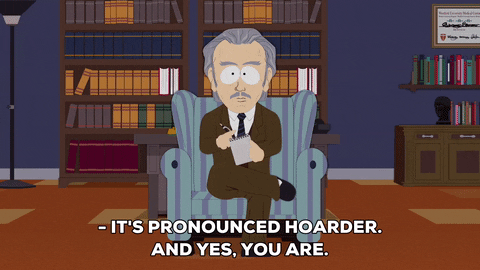
If the old paths of history and mythology are too well-tread for your liking, take a page out of Ransom Riggs’ book and start a collection. The middle-grade writer, as a child, loved photography but couldn’t afford to pursue the hobby so he started collecting old photographs. After noticing a pattern in the kinds of prints he was collecting, he was inspired to write about them. Thus was born the Miss Peregrine’s Home for Peculiar Children series, which incorporates Riggs’ photographs as part of the story.
Use the People near you to build Characters

If strangers in photographs aren’t enough for you, take inspiration from the people around you. The apathetic Chihiro in Hayao Miyazaki’s Spirited Away was inspired by the daughter of one of the director’s friends. And while never confirmed, the characters from Donna Tartt’s The Secret History are believed to be based on Tartt’s classmates at Bennington College in the ‘80s.
Hone in on your own Experiences

“Write what you know” is another maxim that writers hear (and all too often ignore) frequently. But it’s good advice, as author M.L. Rio can attest. She was inspired to write her debut novel, If We Were Villains after having had “pretty much every job you can have in a working theatre, onstage and off”.
And if you don’t know anything? Or think you don’t know anything? There are always books. There are many pieces of writing advice out there, and a lot of them are effectively useless but the one piece of advice that could objectively be seen as universally true?
Read.
Every writer has to read. They have to read widely and deeply, both in their chosen genre and outside of it. If all you ever read is Harry Potter and books like it, when you try to write something original and unique, all you’ll be able to do is regurgitate what you’ve already consumed. So, read. Read. Read. Read things you’re interested in, and read things that are brand new. Who knows, maybe that biography of the last Tsar of Russia and that science-fiction epic may inspire you to write ‘Imperial Russia in Space’. Which brings me to my last point.
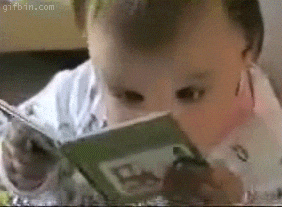
The idea is not the be-all-end-all. Yes, to a certain point a good idea is important. But it’s the execution that makes a story good. Take Harry Potter: orphan boy raised by evil aunt and uncle, realises he’s The Chosen One and goes to magic school? Not the most original idea out there, by a long shot. Yet, JK Rowling’s execution of the story catapulted Harry and his friends around the world, introduced a whole new generation of kids to the powers of reading, and remains a global phenomenon.
So, go out there, young writers and find inspiration in anything and everything. Search through history, mythology, friends and family, your workplace – look at them through the eyes of a writer and find the story. There’s no one-size-fits-all solution when it comes to finding ideas to write your own creative work, so play around and see what will work for you!

